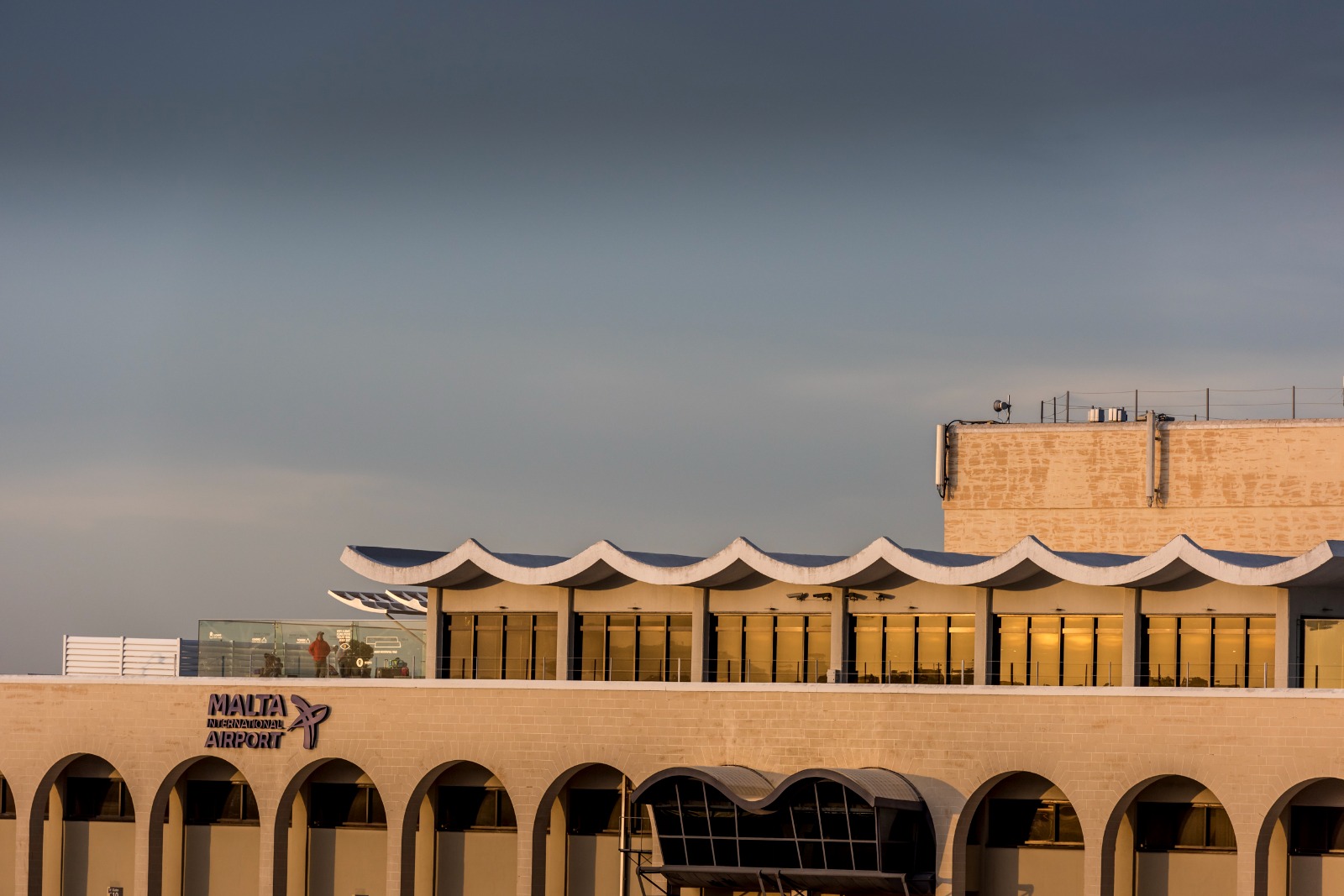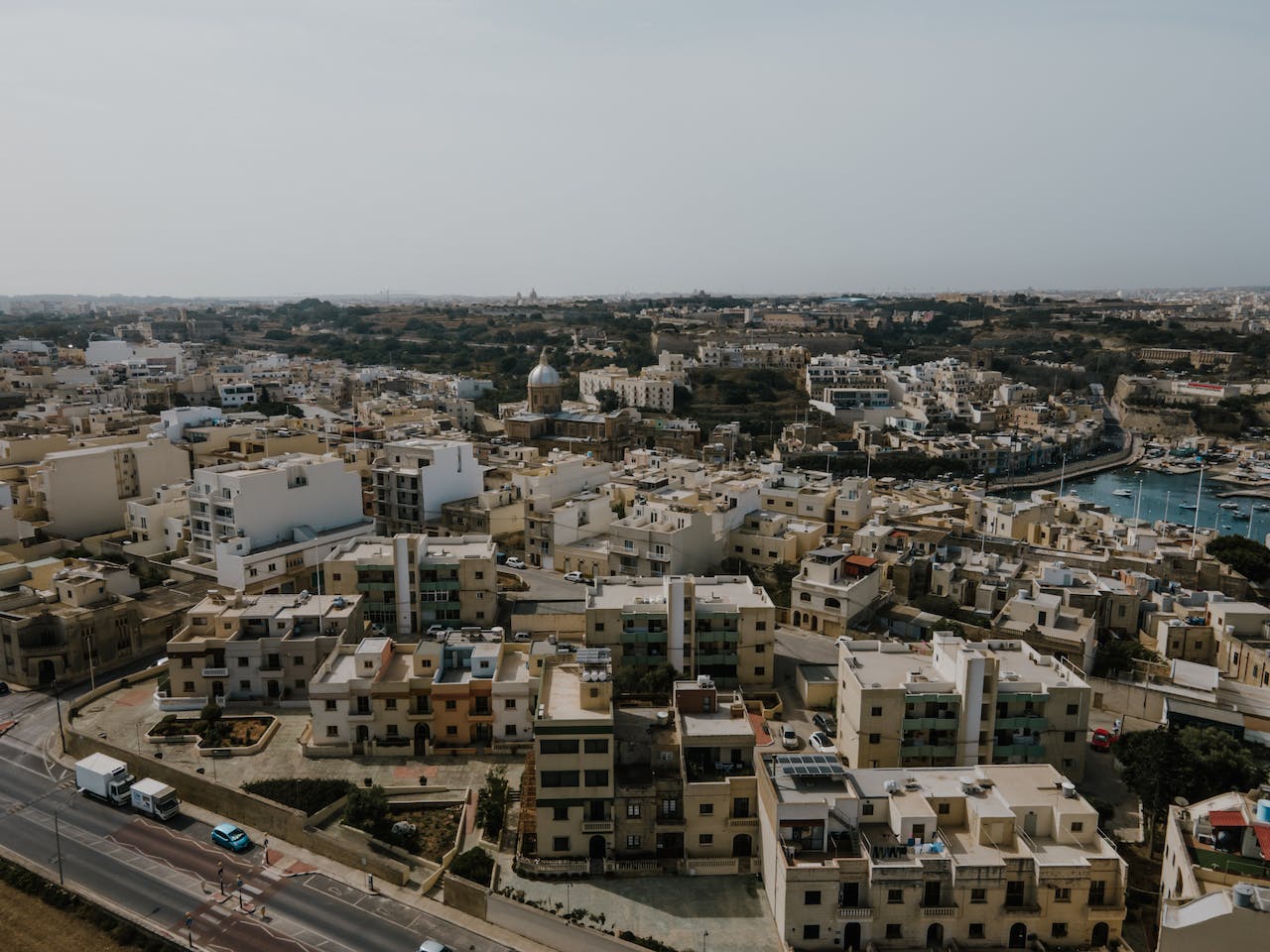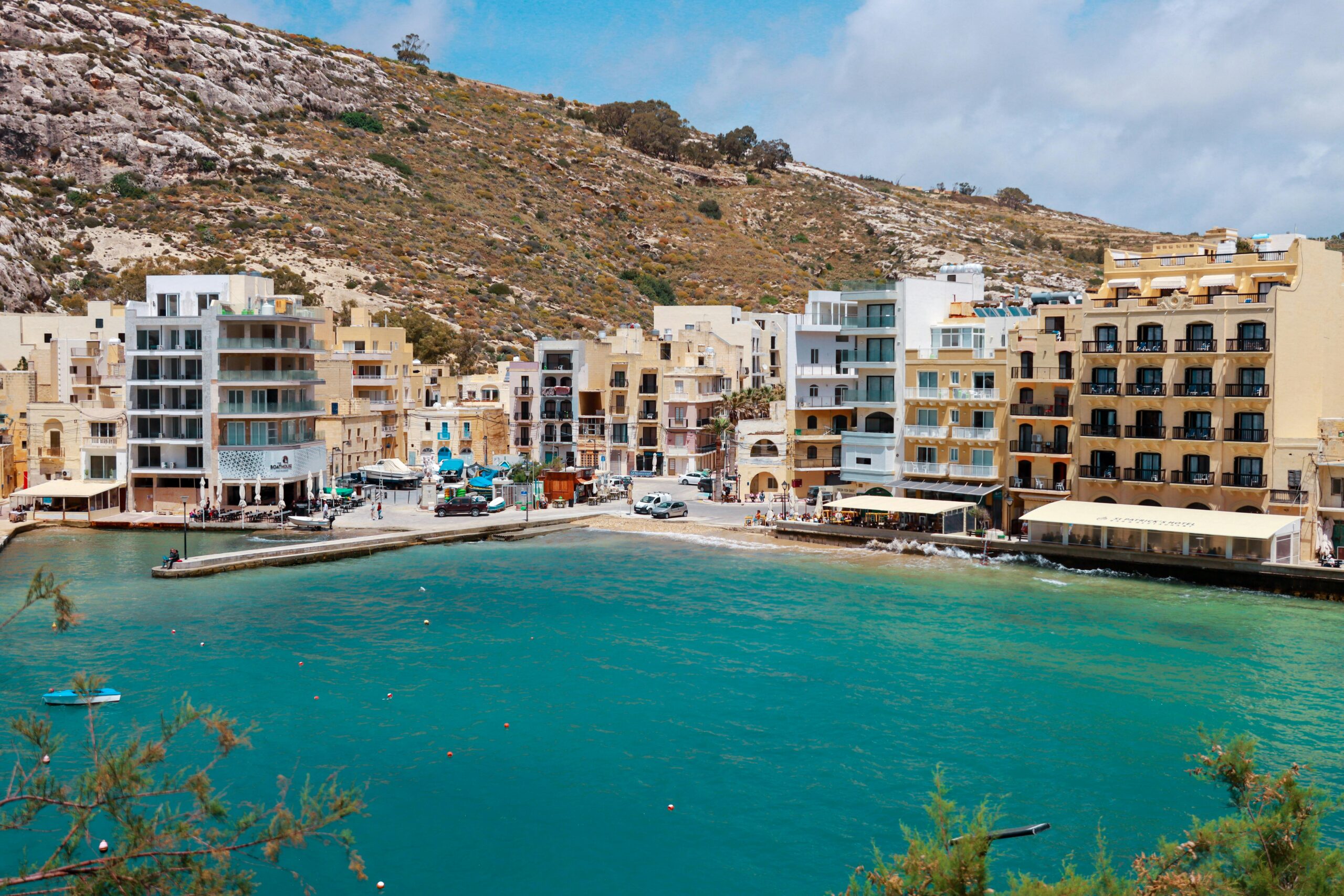On Thursday, Malta International Airport (MIA) CEO Alan Borg confirmed that Malta’s airport connectivity is the lowest in the Mediterranean, and that MIA’s connectivity had decreased by some 34 per cent since the pandemic.
For a small island nation in the Mediterranean that depends heavily on tourism, and is in direct competition with other countries in the region to attract holidaymakers, connectivity is exceedingly important – a point repeatedly stressed upon by the Central Bank of Malta throughout the height of the pandemic.
Speaking during an event to announce MIA plc’s Q2 2022 results, Mr Borg shared that during the upcoming winter season, thanks to collaborative efforts with the Malta Tourism Authority, the airport expects to be connected through 83 routes, marking a connectivity recovery of around 80 per cent of the airport’s pre-pandemic levels.
Two of the routes that will be making a comeback this winter after having been discontinued for the season at the onset of the pandemic are Skopje in North Macedonia and Cluj in Romania, both to be operated by Wizz Air.
On the issue of Malta’s connectivity, MTA CEO Carlo Micallef commented:
“The sustained growth in connectivity following the pandemic has resulted in Malta being directly accessible from a growing number of routes and with increasing frequency. This has had a direct impact on tourism numbers which are increasing in direct response to airline capacity being floated. The MTA will continue working to attract increasing tourism numbers to achieve the recovery of the sector by tapping into new and emerging geographical markets and by targeting a wide range of motivational interests in line with the destination’s multifaceted attractions.”
Passenger numbers
Malta International Airport expects to end the year with 5.4 million passengers, which figure is comparable to the traffic the airport had handled in 2016 and 2017.
In the first half of 2022, Malta International Airport welcomed 2.3 million passengers as traffic recovered particularly well in the second quarter and balanced out the sluggish start to the year. In spite of the recent signs of the comeback of air travel, the international aviation industry continues to navigate a tough landscape characterised by industrial actions, staff shortages and other operational constraints, as well as geopolitical and economic factors.
“We must now focus on maintaining the momentum gained in the second quarter beyond the summer months. Given our mid-year performance and flight schedule for winter, we are quite confident that our 5.4 million traffic target can be achieved if we continue to work with our stakeholders. However, we must also bear in mind that we are not immune to the industry-specific challenges and macroeconomic factors that have been casting a shadow over the aviation industry’s recovery,” said Mr Borg.
While reconnecting the Maltese Islands and analysing new opportunities for traffic growth will continue to top MIA’s priorities, the company says that it will also continue to invest in medium to long-term projects which will further develop the airport campus.
Having recently completed an extensive upgrade of the airport Food Court on Level -1, MIA plc is now days away from setting the Apron X multi-million project into motion, with preliminary works in the area set to start in mid-August. This project will see the development of approximately 100,000 square metres of land to accommodate new aircraft parking stands, a taxiway, a staging area for ground handling operations and a reservoir.
Finances
Revenues for the first six months of 2022 amounted to €37.3 million, with Q2 revenues contributing 71 per cent of this total, in line with the strong traffic recovery registered in this quarter.
For context, revenues for H1 2021 had reached €24.7 million.
db Foundation raises €8,419 for Karl Vella Foundation with MasterChef Malta Charity Dinner
These events form part of the db Foundation's ongoing commitment to supporting vulnerable members of society through impactful initiatives
Residential property prices rise by 5.7% in first quarter of 2025
The new figures show continued growth in Malta’s property sector
Youth4Entrepreneurship Gozo 2025: Youth invited to propose innovative digital solutions
The initiative aims to empower youth to become active contributors to Gozo’s development by addressing local challenges






